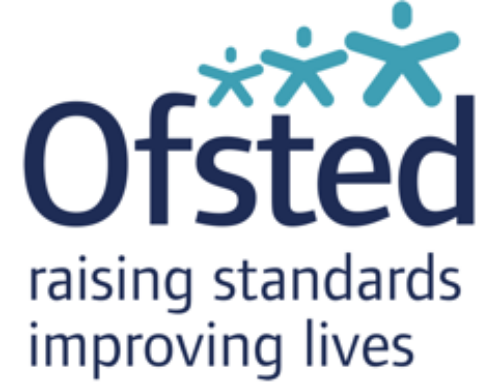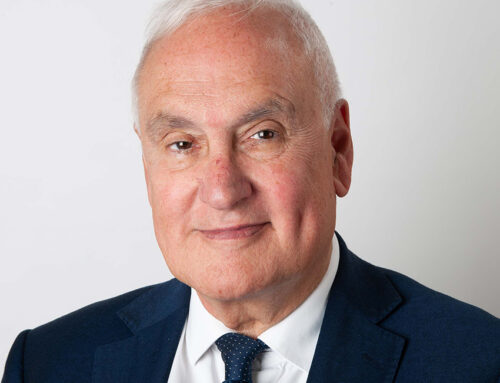Around one in eight schools do not have a designated library space – and those with a higher proportion of poorer children are more than twice as likely not to have one, a study has found.
Campaigners have warned that there is an “inequality of access and opportunity” that needs to be dealt with so that all children in the country can benefit from what a school library has to offer.
Primary schools are less likely to have a library than secondary schools, the report says, and often libraries are being used as classrooms or meeting rooms rather than for reading, the study found.
A survey of 1,750 schools across England, Wales and Northern Ireland, found that 87 per cent have access to a designated library space – but around one in eight (13 per cent) do not.
It shows discrepancies between rich and poor, as more than nine in 10 (91 per cent) of schools that have less than 10 per cent of pupils eligible for free school meals (FSM) have a library area.
This drops to 81 per cent among schools where 25 per cent to 49 per cent are eligible for FSM, and to 56 per cent where half or more pupils are eligible for school dinners.
“These findings indicate that pupils in schools with a higher proportion of free school meals are less likely to experience the range of positive benefits a school library can provide,” the report says.
It comes at a time when county councils have been forced to close public libraries amid spending cuts.
The research, commissioned by the Great School Libraries campaign, highlights the benefits having a library can have on reading and writing skills, enjoyment of reading and improving general academic achievement.
More than half (59 per cent) of school libraries were reported to be used as a classroom for non-library lessons and a similar proportion (51 per cent) were used for meetings.
Nick Poole, chief executive of CILIP, a library and information association, warned: “The research paints a picture of inequality of access and opportunity and insecure employment that we cannot accept. The findings highlight the urgency of securing national school library strategies and investment in England, Wales and Northern Ireland, drawing on the example of Scotland.”
Children’s author Cressida Cowell added: “This research shows inequality in library provision that is a social mobility time bomb. Nobody has yet answered this question for me: if a child’s parents cannot afford books, if there isn’t a library in their school, and they don’t have opportunities to visit a public library, how on earth can they become a reader for pleasure?”
Geoff Barton, general secretary of the Association of School and College Leaders (ASCL), said: “The government’s severe funding cuts to our education system have left school leaders having to make difficult choices about what they can actually afford and it is those schools, often in the most deprived areas of our country, that are having to suffer the most as a consequence.
“The government must fund our schools sufficiently so the centrality of literacy, in an information age, is both celebrated and actively developed in young people.”
A Department for Education spokesperson said: “We want all children to have the opportunity to read widely – that’s why we’ve strengthened the national curriculum to focus on developing reading skills, and increased the focus on phonics to help children acquire the basic building blocks of reading.
“School libraries play a role in this and schools are responsible for deciding how to provide this service for their pupils. We recently announced an investment of £14bn more in schools over the next three years to 2022-23, allowing schools to invest more in teachers and resources – such as library provision – to ensure all children get the top-quality education they deserve.”
For more information, please see:






